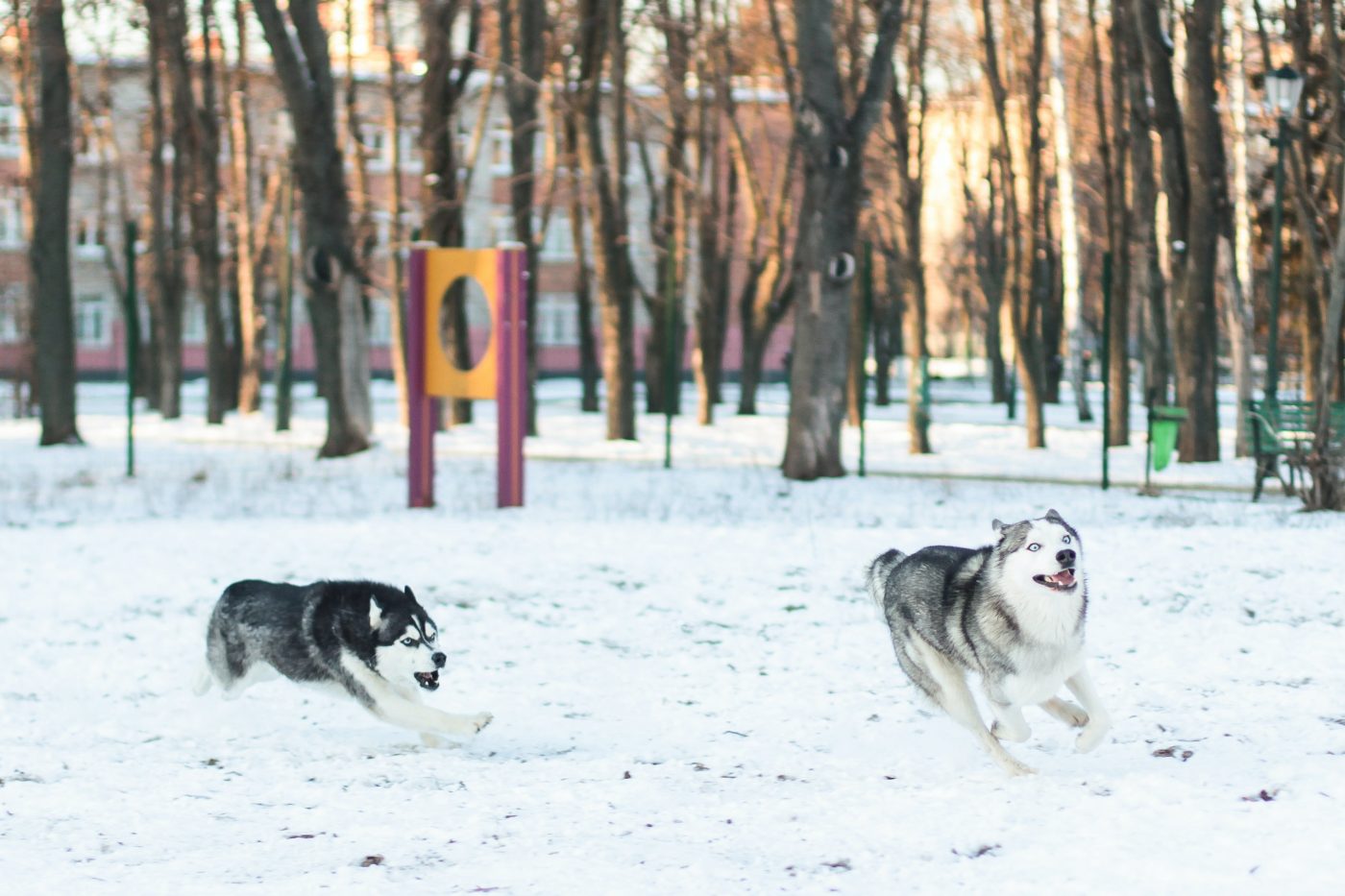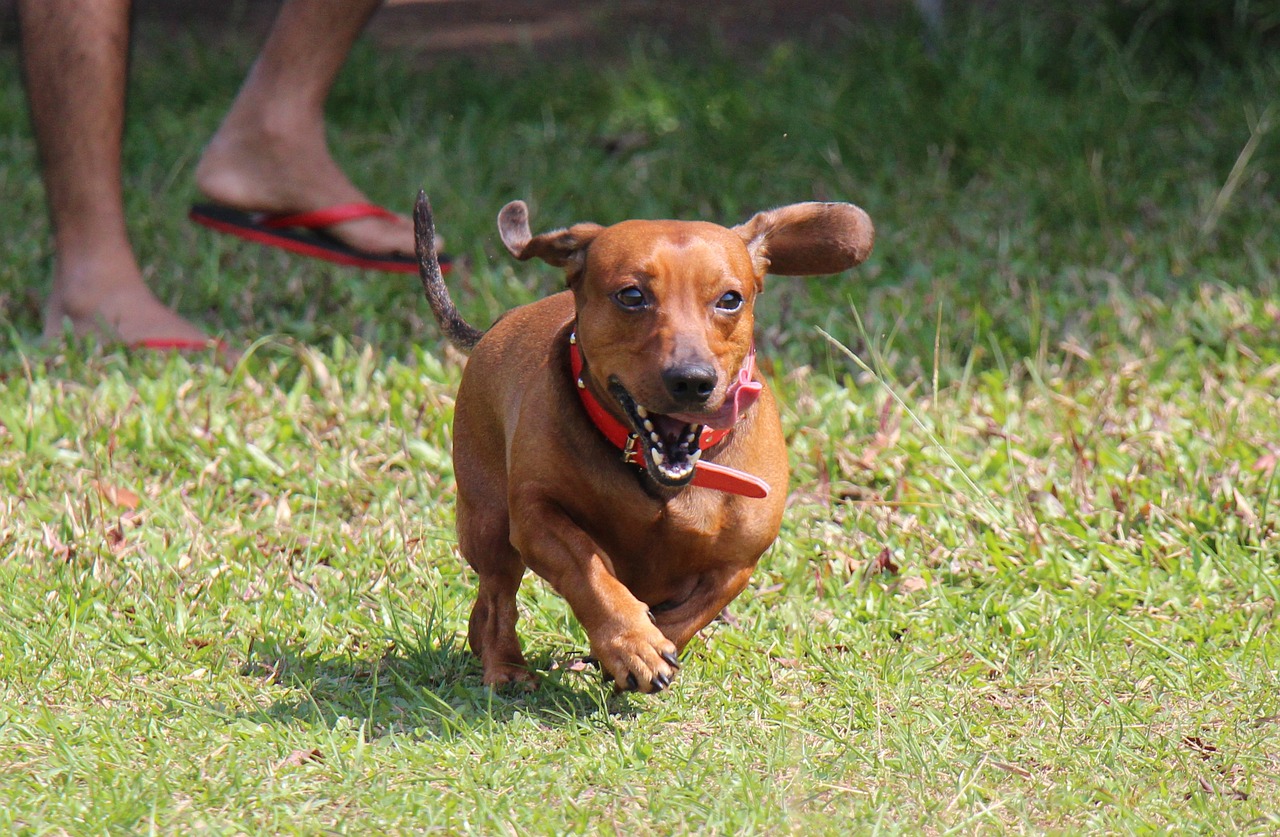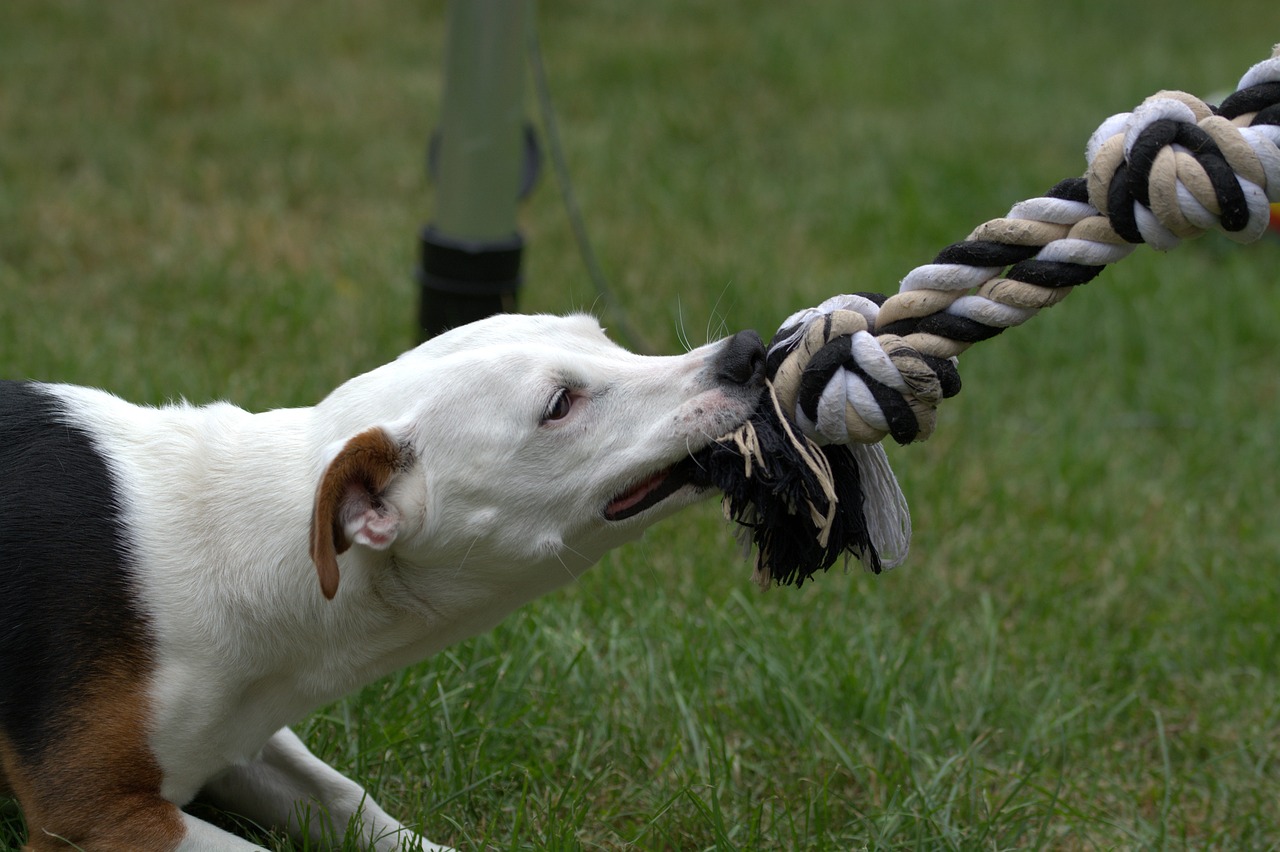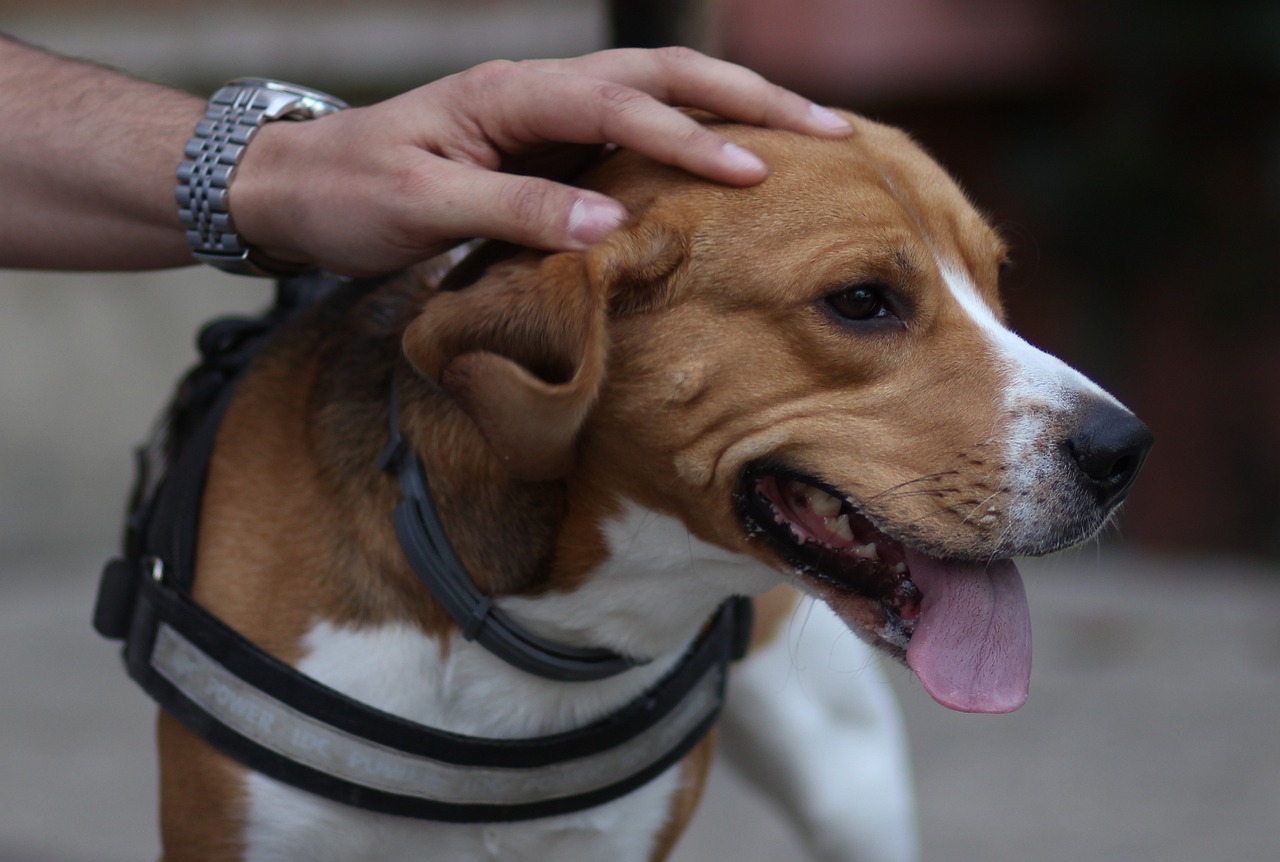In the diverse world of canines, where traits like loyalty, intelligence, and obedience often define the perfect pet, there exists a fascinating subset of breeds known for embodying a rather different characteristic: stubbornness. This trait, often misconstrued as a lack of intelligence, is a sign of an independent and strong-willed nature. Stubborn dog breeds usually have their ideas about how things should be done and may not always be eager to follow commands without a good reason, as they see it. While this can present training challenges, it also adds to the unique charm and personality of these breeds. This article delves into six dog breeds renowned for their stubborn streaks, exploring the reasons behind their determined natures and offering insights into how to manage and appreciate their independent spirits.
1. Siberian Husky
Siberian Huskies are not just known for their stunning looks and boundless energy but also for their notable stubborn streak. Originally bred to pull sleds over long distances, these dogs are accustomed to thinking for themselves and making decisions independent of human commands. This independence can often be mistaken for stubbornness, especially in domestic settings where the tasks they face are far removed from the challenges of the Siberian wilderness. Huskies possess a keen intelligence and a playful nature, which means they can quickly become bored with repetitive tasks or commands they see as pointless. Training a Husky requires patience, consistency, and creativity, often needing to turn lessons into games to hold their interest. Their strong-willed nature combined with their physical stamina demands an owner who can provide firm boundaries and plenty of mental and physical stimulation.

2. Bulldog
Bulldogs are as stubborn as they are charismatic, with a distinctively laid-back attitude towards life that can sometimes translate into outright obstinacy. This breed’s stubborn streak is often seen in their reluctance to engage in activities they find uninteresting or too strenuous, thanks in part to their brachycephalic (short-nosed) nature, which makes vigorous exercise more challenging. Bulldogs often prefer lounging around to obeying commands or engaging in training sessions, especially if they don’t see an immediate reward. Winning over a Bulldog’s cooperation requires patience, gentle persuasion, and the right motivation (often in the form of treats). Despite their stubbornness, Bulldogs are incredibly affectionate and loyal, making them beloved family pets who simply require a bit of extra understanding and creativity in training.

3. Dachshund
Dachshunds, with their distinctive long bodies and short legs, are notorious for their stubborn streaks. Originally bred for hunting badgers, their tenacity and independence are hardwired into their DNA, traits that were essential for a dog that had to make split-second decisions underground. This hunting heritage means that Dachshunds are often fearless and willing to stand their ground, which can manifest as stubbornness during training or when they decide not to listen to commands. Training a Dachshund requires consistency, patience, and understanding of their strong prey drive. Positive reinforcement techniques work best, as Dachshunds can be sensitive and don’t respond well to harsh methods. Their stubbornness aside, Dachshunds are affectionate, lively companions who bring joy and humor to their human families.

4. Jack Russell Terrier
Jack Russell Terriers are small in size but possess a boundless energy and an indomitable spirit that often leads them to be labeled as stubborn. Bred for fox hunting, their intelligence and relentless drive were crucial traits for flushing out prey. This high level of energy and determination, however, can make them a challenge to train, as they are easily bored and always looking for something more exciting to do. Jack Russells require engaging and varied training sessions to keep their attention, and even then, they might decide they have better ideas. Despite this, their intelligence makes them capable of learning a wide range of tricks and commands – if they see the value in it. Their stubborn streak requires an owner who is as determined and creative as they are, making them well-suited to active individuals or families who can match their zest for life.

5. Shih Tzu
Shih Tzus, originally bred as companions for Chinese royalty, are known for their affectionate nature and beautiful, flowing coats. However, beneath their adorable exterior lies a strong-willed and sometimes stubborn temperament. This stubbornness can manifest in selective hearing and a laid-back attitude towards training. Shih Tzus were bred to be pampered lapdogs, not working dogs, which can explain their sometimes aloof attitude towards obedience. Training a Shih Tzu requires patience and a gentle approach, as they respond well to positive reinforcement and can be sensitive to harsh correction. Despite their occasional stubbornness, Shih Tzus are deeply loyal and make excellent companions, especially those who appreciate their independent spirit and are willing to invest time in gentle, consistent training methods.

6. Beagle
Beagles are known for their incredible sense of smell and tracking abilities, traits that make them excellent hunting dogs. However, these same qualities can lead to a notable stubborn streak when it comes to obedience training. Beagles are easily distracted by interesting scents and may choose to follow their noses rather than commands, a trait that can be frustrating for owners looking for strict adherence to commands. Training a Beagle requires understanding their motivations and leveraging their love of scent games to encourage obedience. Beagles are highly food-motivated, which can be a useful tool in training, but it’s important to balance this with exercise to prevent weight gain. Despite their stubbornness, Beagles are cheerful, friendly dogs who bond closely with their families and bring a lot of joy and laughter into their homes.

While stubbornness in dogs can present a challenge in training, understanding, and patience can turn this trait into a testament to a breed’s intelligence and independence. The key to managing a stubborn dog lies in recognizing their unique motivations and adapting training methods to suit their individual needs. The Siberian Husky, Bulldog, Dachshund, Jack Russell Terrier, Shih Tzu, and Beagle each possess a stubborn streak that reflects their breed’s history and inherent traits. With the right approach, these breeds can be not only loving and loyal companions but also willing partners in a variety of activities. Embracing their stubbornness as part of their charm can lead to a rewarding relationship filled with mutual respect and understanding.
 Toledo, United States.
Toledo, United States.